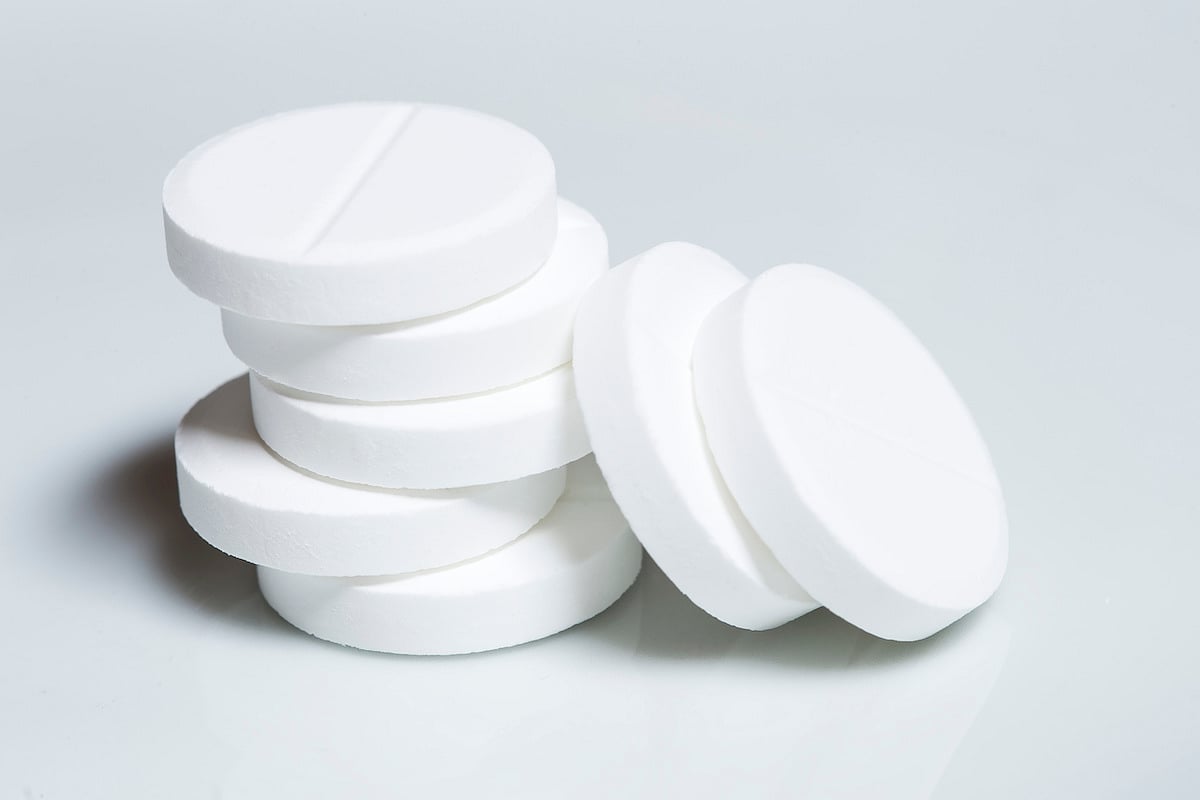Photo Credit: Prostock
The following is a summary of “Efficacy of 12 months therapy with glucagon-like peptide-1 receptor agonists liraglutide and semaglutide on weight regain after bariatric surgery: a real-world retrospective observational study,” published in the April 2025 issue of BMC Endocrine Disorders by Jensen et al.
Researchers conducted a retrospective study to assess the efficacy and safety of 12 months of glucagon-like peptide-1 receptor agonist (GLP1-RA) treatment in individuals who experienced weight regain after bariatric surgery (BS).
They identified individuals with post-bariatric weight regain who received GLP1-RA treatment. Weight changes after 12 months were analyzed. Data were reported as medians (interquartile ranges) or frequencies (%). Wilcoxon signed-rank tests and Mann-Whitney U tests were used for paired and nonpaired group comparisons, respectively.
The results showed that 40 individuals (80% female) were analyzed. Liraglutide (3.0 mg, daily subcutaneous injection, n = 22) or semaglutide (1.0 mg, weekly subcutaneous injection, n = 18) was initiated 74.5 (51.0, 108.3) months post-surgery after a weight regain of 14.7 (10.3, 19.6) %. After 12 months of GLP1-RA treatment, reductions in total body weight, body mass index (BMI), and percentage excess body weight were 10.5 (6.1, 14.7) kg, 3.7 (2.5, 5.3) kg/m2, and 41.7 (22.1, 70.5)%, respectively, corresponding to a loss of 99.3 (61.0, 135.4)% of regained weight (P-value < 0.0001). The BMI reduction was lower with liraglutide than semaglutide, 3.1 (2.0, 4.7) vs 4.7 (3.7, 6.0) kg/m2 (P-value = 0.04). Adverse events occurred in 13 (32.5%), all mild and transient.
Investigators concluded that a 12-months GLP1-RA therapy using liraglutide or semaglutide effectively and safely treated weight regain after BS.
Source: bmcendocrdisord.biomedcentral.com/articles/10.1186/s12902-025-01913-4














Create Post
Twitter/X Preview
Logout